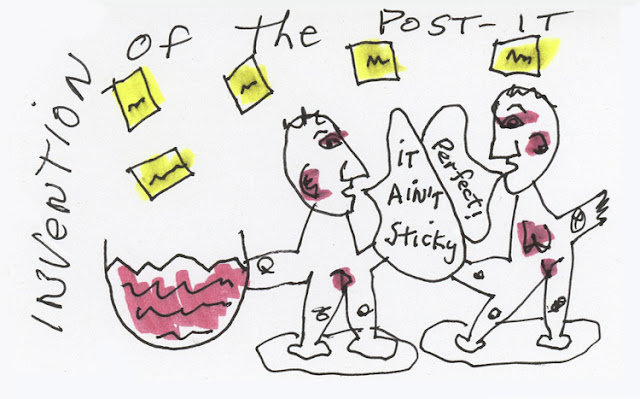++++++++++
 |
| U R [up] 2 NO GOOD |
I heard the comment at my other zen center that “Zen is good for nothing.” Maybe I should take that at heart.
I wasn’t going to go sit tonight because I’ve had a long day and had to take one package to UPS and another to FedEx. But maybe I was giving up because she said I’m the same person. Anyway, just around the corner now both UPS and FedEx have boxes that take ground packages and I was back home in five minutes.
I didn’t really believe “Zen is good for nothing.” But maybe my mensa wife is seeing something that I’m not seeing. Maybe I am exactly the same person, totally disillusional in my belief that some benefit has come my way from this sitting endeavor.
Would I continue? Should I continue? Was I given false expectations?
Some pray to get on God’s good side so that things will turn out well. Others pray to acknowledge, ask for forgiveness or thank God. I don’t know why I sit.
Last night a couple of people asked me why I’ve been leading this Zen Writing group every week for so many years. I said it was because I like so much the people who come to it.
Why would I ever look forward to going at an unreasonable hour to sit and face a wall? Especially if it was without benefit? Maybe because it is like eating ice cream. Because it tastes so good.
P.S. So I just asked mensa wife if she meant it yesterday. “No,” she said. I thanked her for giving me something to write about.











